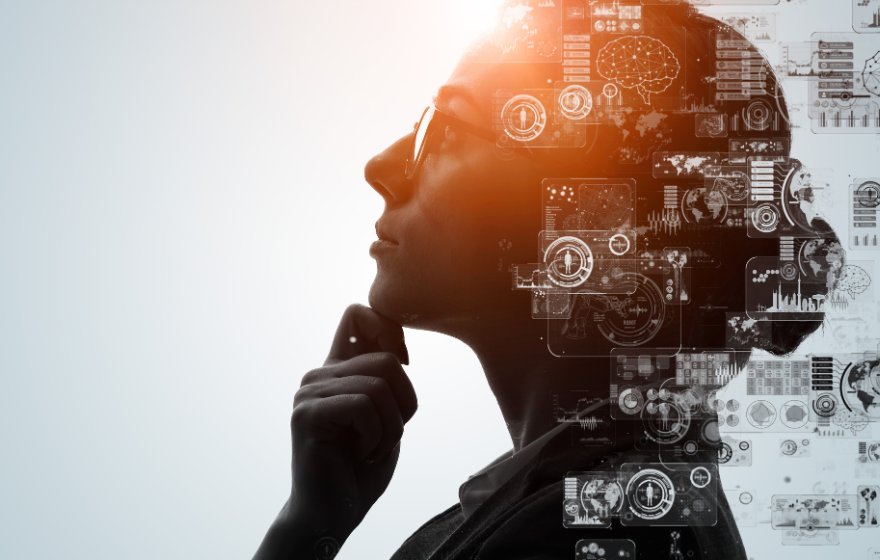AI in 2025: From Innovation to Industry Transformation
22 December 2024
The AI ecosystem is set to undergo significant transformation in 2025, marking a shift from experimentation to consolidation and practical application. With solidified foundations, differentiated strategies from major players, and the rise of AI-driven search and enterprise solutions, the year ahead promises to be a pivotal moment for AI. Here’s an overview of what lies ahead and its implications for businesses, including IT software houses.
2024 has been described as the “foundation-building phase” of AI—an era marked by explosive innovation and experimentation. As we move into 2025, this energy transitions into a consolidation phase. The AI ecosystem is maturing, driven by physical infrastructure investments, such as data centers, and a strategic focus on refining ideas for practical deployment. For IT software houses, this represents an opportunity to leverage these established building blocks to create tailored AI solutions for clients.
Five major companies—Microsoft/OpenAI, Amazon/Anthropic, Google, Meta, and xAI—are consolidating their dominance in AI development. Each has adopted distinct strategies. Google integrates AI vertically with proprietary TPUs and in-house infrastructure. OpenAI boasts the strongest consumer brand with over $3.6 billion in revenue. Anthropic focuses on research excellence and top talent acquisition. xAI excels in rapid scaling of data center capacities. Meta champions open-source AI, leveraging community-driven innovation. The IT sector can align with these strategies by developing complementary tools and services, such as integrating open-source models into proprietary solutions or leveraging Microsoft/OpenAI platforms for scalable enterprise applications.
AI-driven search engines are revolutionizing how information is accessed, shifting from traditional index-based search to informational, context-aware queries. Platforms like ChatGPT Search and Perplexity are already making waves, while industry-specific solutions such as Harvey for legal professionals and Github Copilot for developers showcase the potential of domain-focused applications. Key differentiation factors for these tools include aligning with user goals for precision, leveraging exclusive datasets for niche industries, and integrating AI search into user workflows like IDEs or SaaS platforms. IT companies can capitalize on this trend by developing bespoke search solutions tailored to specific industries, enabling clients to optimize workflows and extract deeper insights from their data.
After a period of aggressive investment in AI infrastructure, 2025 will see stabilization. While Big Tech dominates data centers and AI startups, the overbuilding of infrastructure has led to declining compute costs, creating favorable conditions for startups and innovation. For software houses, this normalization offers a more predictable environment to experiment with cost-efficient AI projects, particularly in enterprise verticals where ROI is easier to demonstrate.
The maturing AI ecosystem is poised to deliver transformative industry-specific applications. Enterprises will drive this evolution by leveraging AI to solve domain-specific challenges, from automating workflows to enhancing decision-making. IT software houses can lead the charge by delivering tailored solutions that integrate AI seamlessly into business operations. As AI transitions from hype to execution, 2025 will be a defining year. Businesses that embrace the opportunities presented by this consolidated ecosystem will be well-positioned to deliver value-added solutions that transform industries and daily lives. For IT software houses, the moment to innovate is now.


